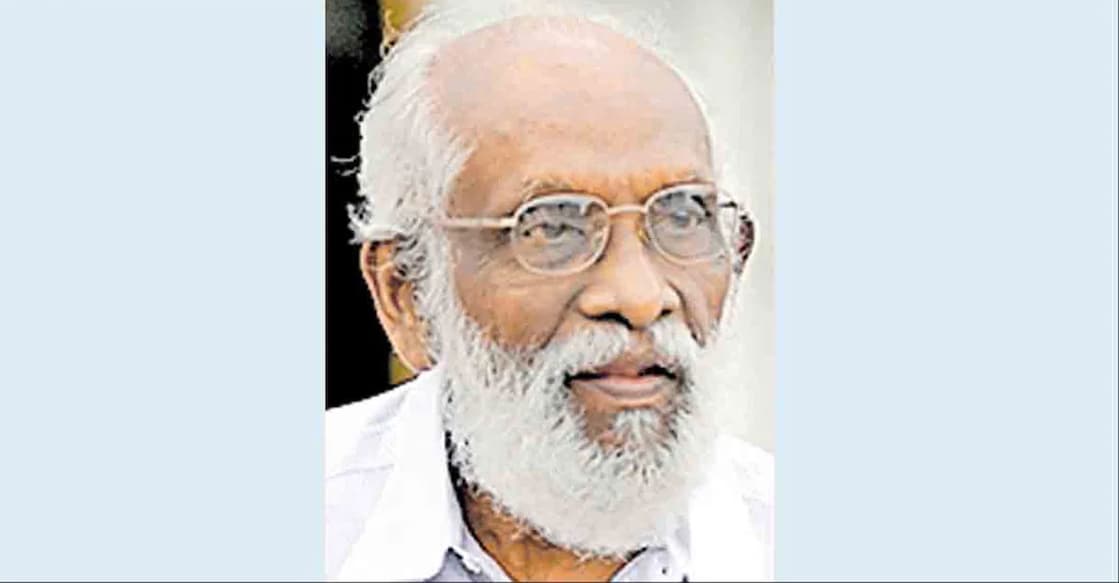Dr Kochupilla, who popularised iodised salt, dies at the age of 85

Mail This Article
Bengaluru: Dr N Kochupilla (85), an internationally renowned figure in the field of thyroid and diabetes treatment and former head of the endocrinology department at AIIMS (All India Institute of Medical Sciences) in Delhi, has passed away. The funeral will take place on Wednesday at 3 pm, with state honours, at Alappuzha Factory Ward Hope Villa.
Dr Kochupilla was credited with the discovery that iodine deficiency, which causes goitre disease, can significantly impact intellectual development. This breakthrough led to the widespread use of iodized salt and the initiation of a national-level campaign along similar lines. He authored over 145 papers published in prestigious journals such as Nature, Lancet, and Endocrinology. Additionally, Dr Kochupilla presented papers at more than 30 international seminars.
He held memberships in esteemed organizations including the ICMR Scientific Advisory Committee on Nutrition, the International Association of Epidemiology of America, the World Health Organization, and the UNICEF Iodine Deficiency Disorders Board. Dr Kochupilla also served as Professor Emeritus at the National Academy of Medical Sciences, as President of the Endocrine Society of India, and as Director of Medical Research at MS Ramaiah Medical College Hospital in Bengaluru. In recognition of his contributions, he was honoured with the Padma Shri in 2003.
He is survived by his wife, Dr Vinod Kochupilla, a native of Dehradun and retired Head of the Cancer Department at AIIMS in New Delhi, and children Malini, an architect based in Delhi, and Mrinalini, a lawyer residing in Germany, along with his son-in-law, Entico.

